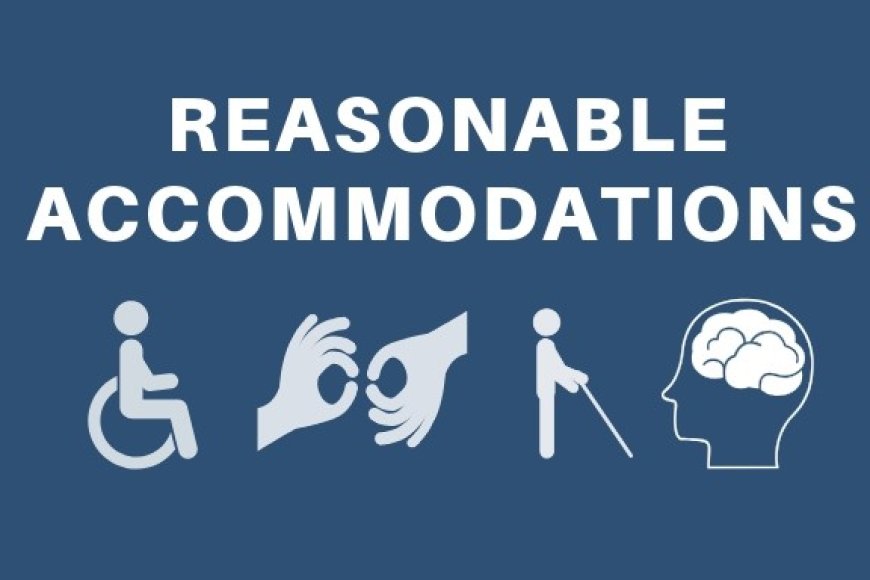In today’s diverse job market, the potential of disabled individuals remains vastly underutilized. While many organizations strive for inclusivity, challenges persist that hinder equal opportunities for those with disabilities. From discrimination to inadequate workplace accommodations, disabled individuals face numerous hurdles in their professional lives. Let’s explore these challenges and highlight the importance of fostering inclusive hiring practices.
The Challenges of Employment for Disabled Individuals
Disabled individuals often encounter significant barriers when seeking employment. One of the most pervasive challenges is the societal stigma surrounding disabilities, which can influence hiring decisions and workplace dynamics. Many employers may harbor misconceptions about the capabilities of disabled individuals, fearing that they will be less productive or require extensive accommodations.
Moreover, the job search process itself can be daunting. Disabled candidates may find it difficult to navigate interviews and assessments that are not designed with accessibility in mind. This can lead to feelings of frustration and discouragement, often resulting in qualified individuals being overlooked.
Workplace Accommodations: A Double-Edged Sword

Workplace accommodations are essential for enabling disabled individuals to perform their jobs effectively. These can range from physical modifications, like accessible workspaces, to flexible schedules and assistive technologies. While the Americans with Disabilities Act (ADA) mandates reasonable accommodations in the U.S., the implementation of these accommodations can be inconsistent.
Unfortunately, some employers may view accommodations as burdensome or costly, leading to reluctance in making necessary adjustments. This mindset not only perpetuates discrimination but also undermines the potential contributions of disabled employees. When accommodations are implemented, they can lead to increased productivity and morale, benefiting the entire workplace.
Discrimination: An Ongoing Battle
Discrimination against disabled individuals in the workforce remains a critical issue. Many disabled employees report experiencing bias in hiring, promotion, and job retention. Instances of discrimination can range from overt actions, such as being denied a job because of a disability, to more subtle forms, such as being overlooked for advancement opportunities.
Moreover, fear of retaliation can discourage disabled individuals from reporting discrimination. This culture of silence perpetuates the cycle of exclusion and inequity, preventing meaningful change in workplace dynamics.
The Importance of Inclusive Hiring Practices
Inclusive hiring practices are vital for creating a diverse and equitable workforce. Organizations that actively seek to hire individuals with disabilities can tap into a wealth of talent and perspectives. Moreover, diverse teams have been shown to enhance innovation and problem-solving abilities, making businesses more competitive.
To foster inclusive hiring, companies should implement training programs that raise awareness about disabilities and combat unconscious bias among hiring managers. Job descriptions should emphasize skills and qualifications rather than unnecessary physical requirements, ensuring that all candidates have a fair chance to apply.
Leading by Example: Success Stories
Many organizations have embraced inclusive hiring and have reaped the benefits. Companies like Microsoft and Accenture have established initiatives specifically designed to recruit and retain disabled talent. These organizations not only highlight the importance of inclusivity but also serve as powerful examples of how embracing diversity can lead to success.
Conclusion
The challenges faced by disabled individuals in the workforce are significant but not insurmountable. By recognizing these barriers and advocating for workplace accommodations, combating discrimination, and prioritizing inclusive hiring practices, we can create a more equitable and dynamic job market. It’s time for organizations to embrace the skills and talents of disabled individuals, fostering an inclusive culture that benefits everyone. Together, we can navigate the complexities of disability and employment, ensuring that all individuals have the opportunity to thrive in their careers.

















































































































